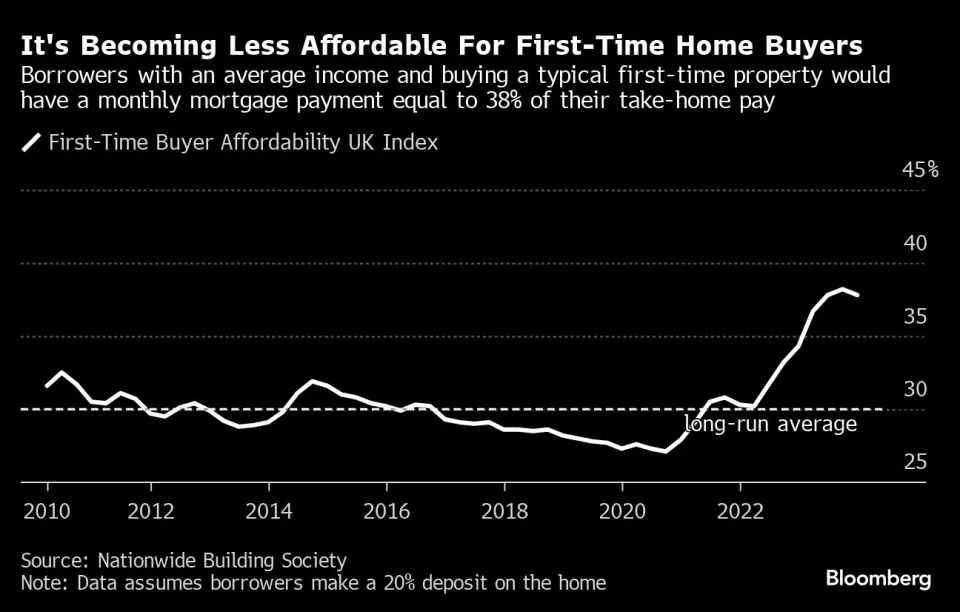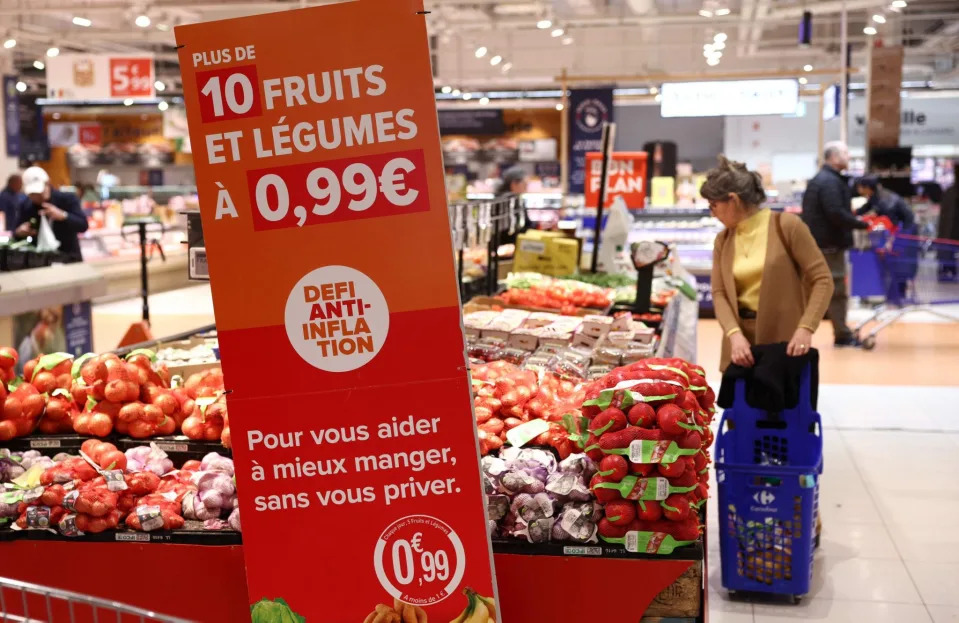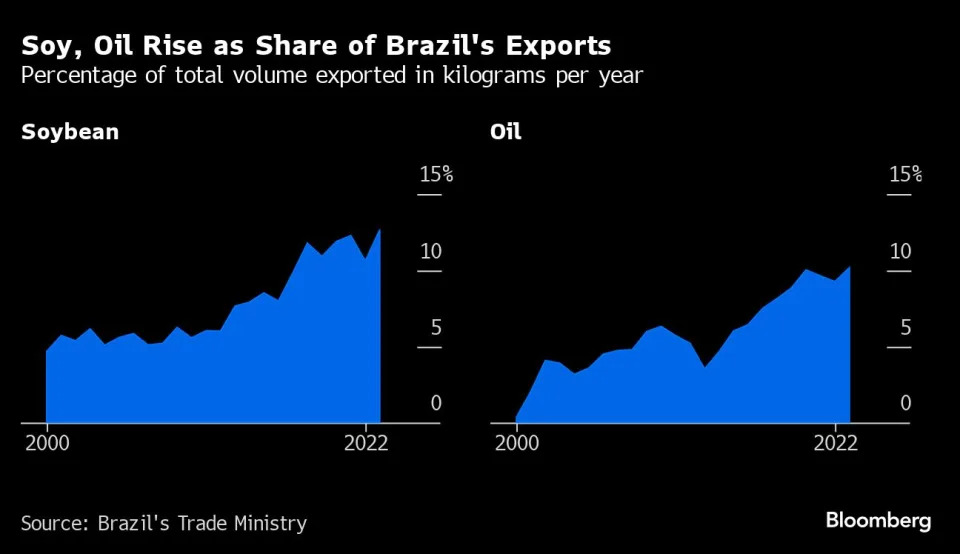CBC
Thu, January 4, 2024 at 11:52 a.m. MST·4 min read

Cathy Brodner was thrilled to capture photos of bobcat kittens in her Douglasdale backyard in the fall of 2023. (Cathy Brodner - image credit)
Bobcats are making Calgary, an urban city, their own — while giving experts pause.
Why? Because these animals aren't known for being bold and strutting city streets. In most other urban settings, bobcats are elusive. In Calgary, they're anything but.
"Sometime between the beginning of 2018 and 2020, bobcat sightings just kind of shot through the roof and they've stayed high ever since," said Vanessa Carney, a landscape analysis supervisor at the City of Calgary.
Sightings doubled from an average of about 1,000 a year to a steady 2,000 — and she said this wasn't just a pandemic effect as sightings have stayed consistently high.
One reason behind the spike? Seeing a wild cat can be thrilling.
Last fall, Cathy Brodner's neighbourhood chat lit up: there were unexpected visitors in her Douglasdale yard. She grabbed her camera and snapped away at a pair of kittens taking a cat nap on her fence.
"My adrenaline was going crazy. I was so excited to see them," Brodner said. "I was keeping an eye out for mom, making sure she wasn't coming around checking on her kittens."
These big felines are cute, photogenic, and increasingly common to see in Calgary.

A bobcat takes a break, and lounges in a Northwest Calgary yard.
A bobcat takes a break and lounges in a northwest Calgary yard. (Submitted by Frances Jablonca)
The city can tap into citizen reports, logged through 311, for long-ranging data that paints a picture of how wildlife is using urban spaces.
From what Carney has seen, these felines are using sidewalks, lounging on fence lines, settling in yards, and even peeking through windows on front porches.
No pussyfooting, walking around like they own the place.
Over the years, bobcats were a common sight in communities surrounding Fish Creek Park, Carney said. Recently, calls have started coming from those living in north Calgary, especially near Nose Hill.
"One of the neat things about bobcats that we're keeping an eye on is that they seem to be changing their range in the city," Carney said.
This is something Sara Jordan-McLachlan, a Miistakis Institute conservation analyst, looked at in 2021. She used the city's 311 data from as early as 2005, alongside wildlife camera data from the Calgary Captured program.
"In my master's work, I referred to them as citizen bobcats because I do think that they're now part of the city," Jordan-McLachlan said, adding that wasn't always the case.
In the United States, bobcats were pushed out of some urban areas due to development but have since begun re-establishing in those old familiar haunts, though slowly.

A bobcat kitten hangs out on a roof in southeast Calgary.
A bobcat kitten hangs out on a roof in southeast Calgary. (Cathy Brodner)
Historically, bobcats were found in southern Alberta and the Rockies — places that Jordan-McLachlan noted weren't very populated. Relative to that, Calgary is a new habitat for the rural cat that seems to have cozied up to city life instead of shying away.
"They're an incredibly adaptive species and they're writing their own story in the urban environment here in Calgary," Jordan-McLachlan said. "It's a great opportunity for us to see how a carnivore adapts to the urban environment where they did not previously inhabit."
It's not clear why bobcat populations have made their way north through the province. They are a territorial animal, Jordan-McLachlan said, so if populations are going up, the animal would naturally seek out new home ranges.
And their bold attitude? Jordan-McLachlan said the cats may have found that people present more benefits than danger. Human-bobcat conflict, she said, is uncommon. And people could offer a sense of protection from other predators like cougars and coyotes.

This bobcat family has been making the rounds in the southwest Calgary neighbourhood of Haysboro.
This bobcat family has been making the rounds in the southwest Calgary neighbourhood of Haysboro. (Submitted by Katherine Reiffenstein)
Then, there's the endless buffet of birds, squirrels and mice people help lure into yards with things like bird feeders.
And yes, Jordan-McLachlan said, pets can become part of a bobcat's diet.
"So taking precautions, making sure that you are aware if there is a bobcat in your neighbourhood to not leave small dogs unattended for long periods, or keeping your cats indoors and obeying those bylaws that keep your cat safe," Jordan-McLachlan said.

A mother bobcat jumps down from a backyard shed. Fish and Wildlife officers say there are many ways to make them move out.
A mother bobcat jumps down from a backyard shed. Fish and wildlife officers say there are many ways to make them move out. (Submitted by Colin Lee)
Despite their urban tendencies, data does show that Calgary's bobcats still enjoy being close to green spaces. Jordan-McLachlan found barriers cutting off connectivity, such as Deerfoot Trail and a lack of green spaces in northeast Calgary.
These are signs the city needs to consider wildlife as it designs and builds the community, Jordan-McLachlan said. This would include creating safe passageways under major roads and exploring better green space connection.
Considering wildlife connectivity, Carney said, is something the city has worked to integrate into planning documents, like the municipal development plan.















